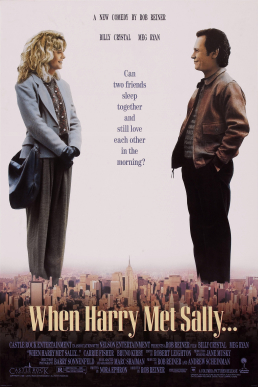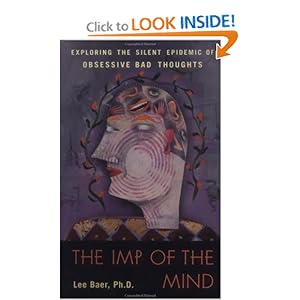It’s been said that females and males can’t be friends because of the big S word involved…..that friendship without sex equals questionable intentions (blame When Harry met Sally!). I’ve always found that to be a very simplistic and stereotypical view of men and women relationships. I personally, have been able to have two very close platonic male friends (they were “bridesmen” in my wedding). As a woman in the book quotes, we have never nor will we ever engage in any sexual intimacy. Instead, we laugh, we talk, and we share stories. I often find myself getting offended that people, especially church people (not all but some!) have relayed to me that having male friends somehow conflicts with God’s view of marriage and intimacy. Luckily, in this book, it seems Mr. Dan Brennan is on my side!
This author presents a different perspective from existing church culture. “Christ came not to just reduce the old disorder of lust, violence, and possession between men and women ,but to usher us into a new world of embodied communication with each other.” He submits that it is possible to live together in Christ without lust or sexual innuendos interfering with the friendship. In focusing on the fact that we are brothers and sisters in Christ, our focus shifts onto our common bond of Christianity rather than our own temptations and desires.






